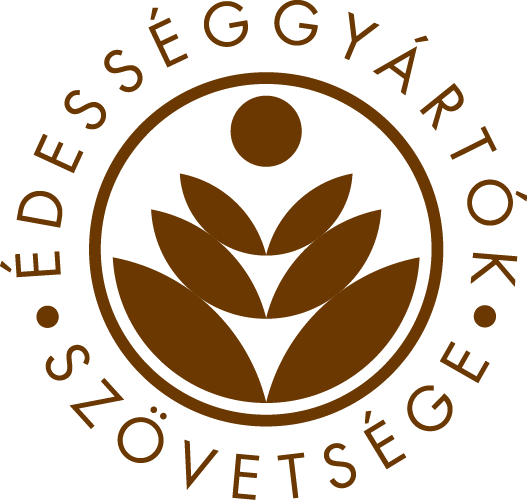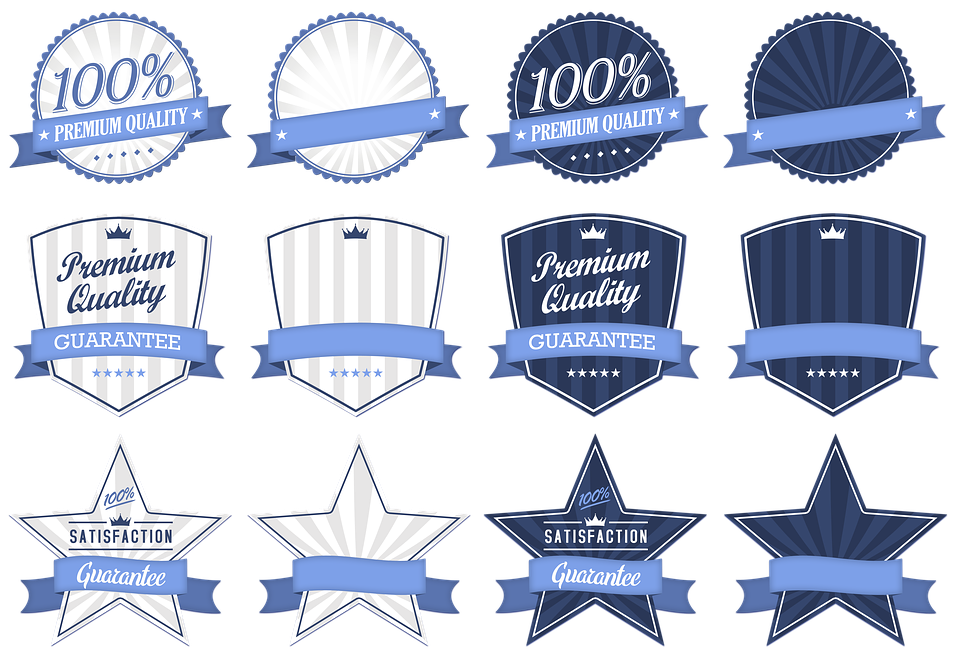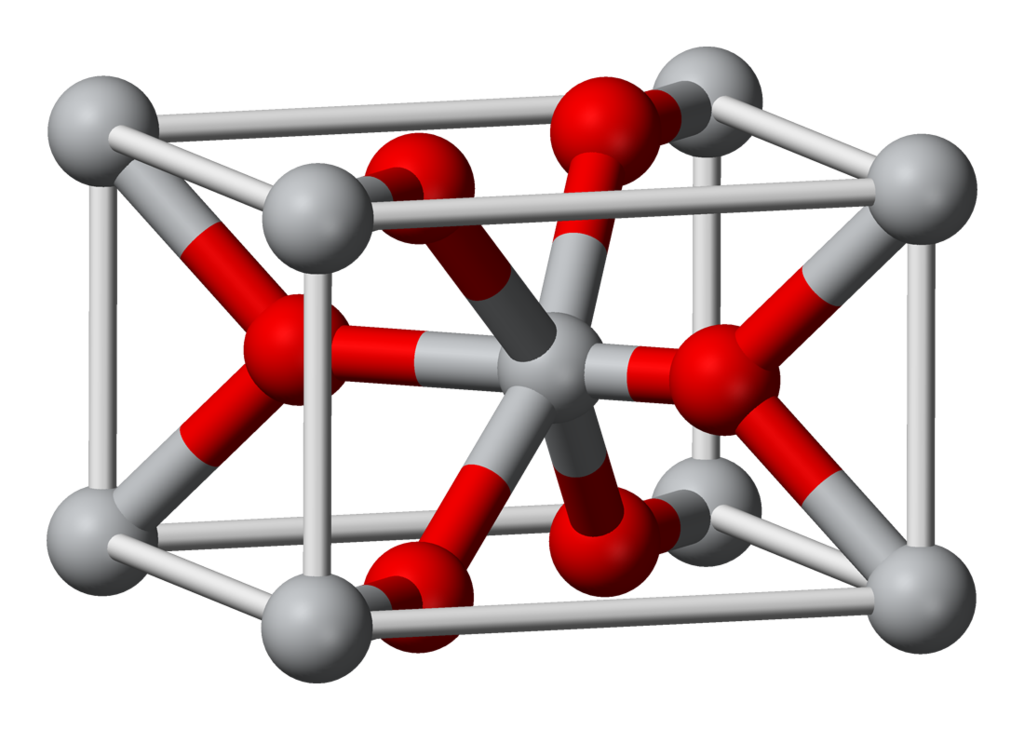Resolution of the Association of Hungarian Confectionery Manufacturers on the Palm Oil Issue
The confectionery industry is aware that current palm oil management raises questions. Also, because conscious consumers are sensitive to the palm oil content of the products many manufacturers have undertaken to work only with sustainable palm oil: of our members Cerbona, Eispro, Göteborgs, Házisweets, Ferrero, Intersnack, Mars, Mondelez and Nestlé have joined the RSPO (Roundtable on Sustainable Palm Oil), furthermore many of our other members only purchase RSPO-certified palm oil. The confectionery industry is aware that current palm oil management raises questions. Also, because conscious consumers are sensitive to the palm oil content of the products many manufacturers have undertaken to work only with sustainable palm oil: of our members Cerbona, Eispro, Göteborgs, Házisweets, Ferrero, Intersnack, Mars, Mondelez and Nestlé have joined the RSPO (Roundtable on Sustainable Palm Oil), furthermore many of our other members only purchase RSPO-certified palm oil.
Oil palm is an ‘efficient’ crop; any other and current alternative requires more space and resources. Palm oil is not equivalent to deforestation if producers (mainly Indonesian and Malaysian communities) treat their environment responsibly. We believe that the focus should be on sustainable palm oil production rather than restriction.
Due to overconsumption as a consequence of overpopulation, virtually any plant food raw material could be highlighted as monocultures that change the environment and suppress natural habitats and species, including cereals, corn and soy.
Alternative local ingredients are not a solution to replacing palm oil in confectionery products, because rapeseed and sunflower are generally not suitable for this purpose. Butter of animal origin is not only inappropriate because of its significantly higher environmental impact, but its fat profile is less favourable from the point of view of nutrition, moreover, it can cause the rapid deterioration and rancidity of the products.
Changing to a substitute for palm oil would also require new technologies, which would not only be a long-term investment, but also a long-term commitment to a certain commodity that could also have an environmental impact later on. These could even be much greater than those caused by palm oil.
Currently, 74% of the European food industry uses sustainably produced palm oil (RSPO standard), while the world average is only 20%. The largest consumers of palm oil are India, China and Indonesia – the future depends primarily on them.
Europe has already taken measures to promote sustainable palm oil, but even a 100% European RSPO palm oil usage would only slightly improve the global situation. Restricting palm oil would ultimately affect Malaysian and Indonesian small farmers, who would find it impossible to cope, causing social tensions as well as internal and external migratory pressures.
Recommendations from the Association:
– When regulating the use of palm oil at a national level, directing the industry towards the use of sustainable palm oil instead of general bans in order to preserve the competitiveness of the industry.
– Auditing sustainable palm oil use has a net cost of approximately HUF 500,000/year/company, which is a significant expense for domestically owned SMEs. It is recommended that confectionery SMEs be provided with a source of funds for this purpose.
– Using Hungary’s membership and position as a member of the European Union, to initiate European-level pressure enforcement (certification requirements, import restrictions) on user countries and manufacturers with a low share of sustainable palm oil and who procure raw materials from uncontrolled sources.
– Hungary, following the ‘foreign investment strategy’ announced by the government, building on the excellent Hungarian-Malaysian relations and the ever expanding trade between the two countries, should actively participate in sustainable palm oil production in Malaysia with the provision of know-how and resources and capital investment incentives.



